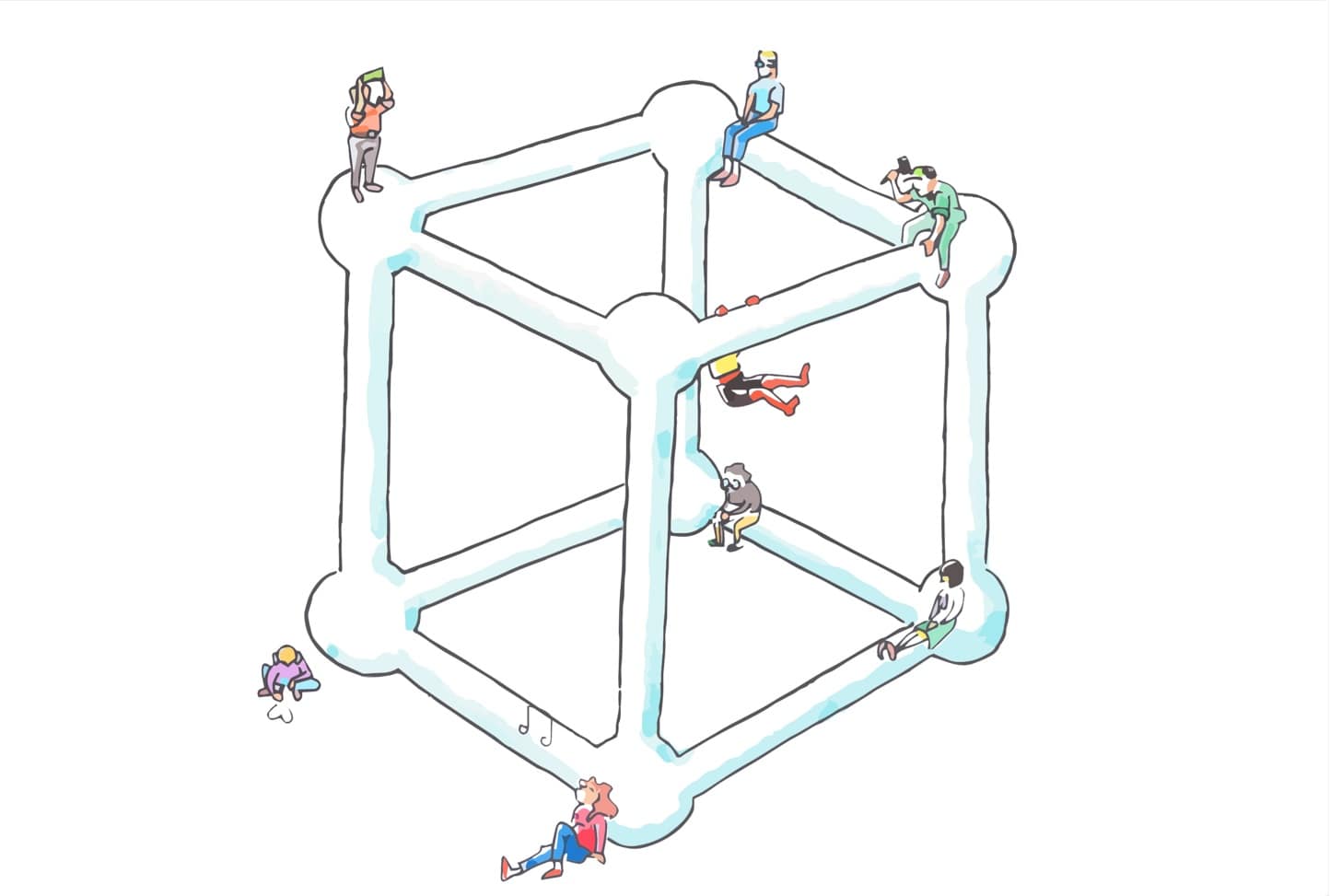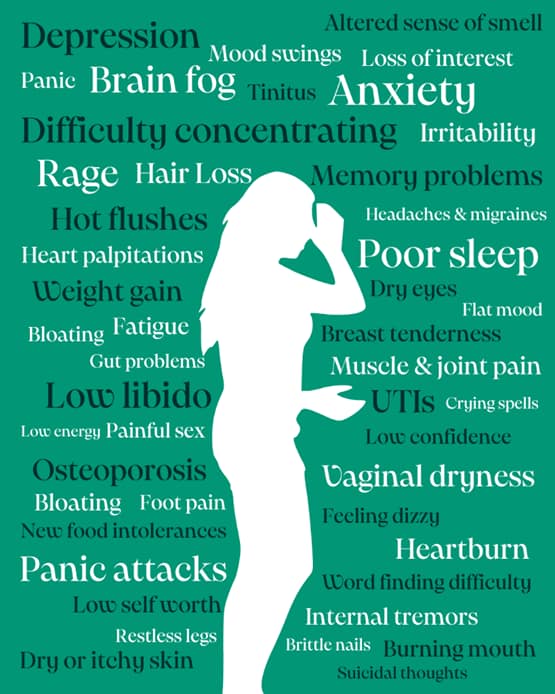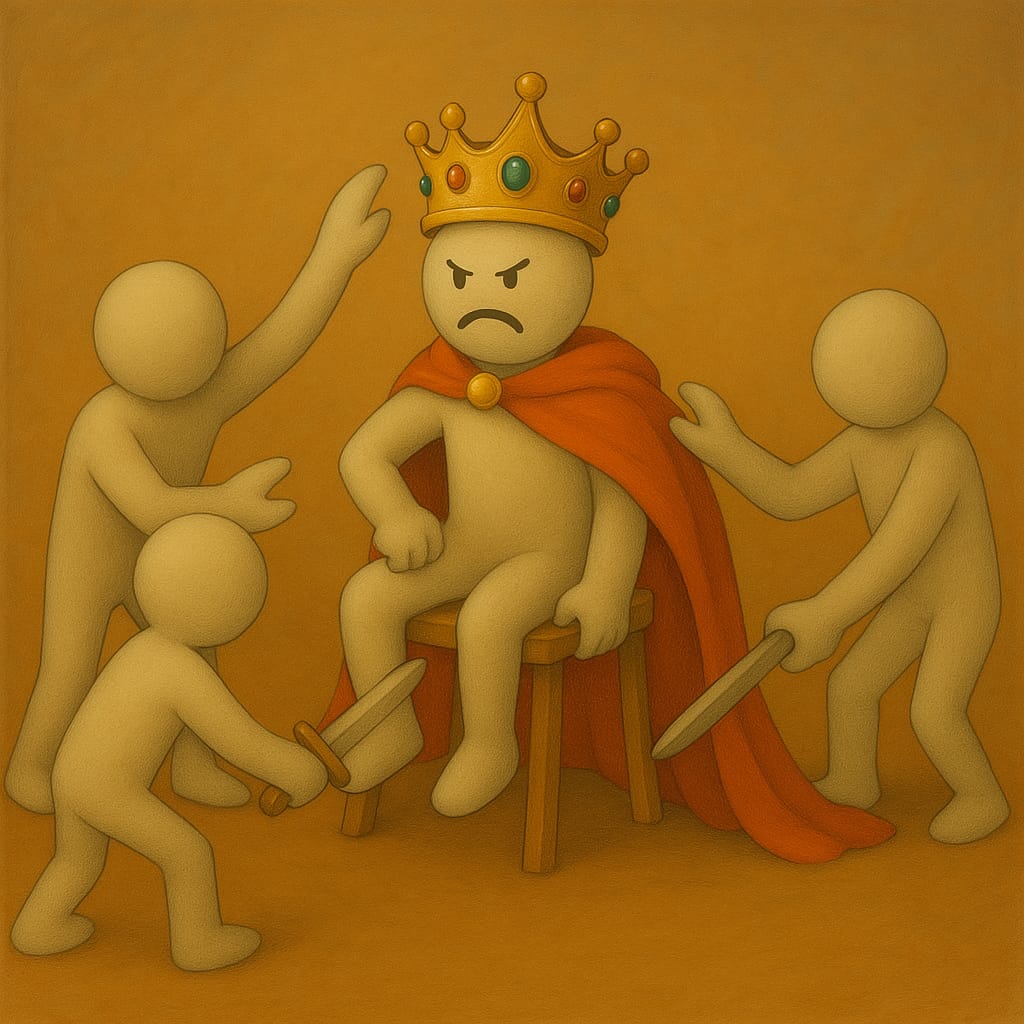Marie-Christine van de Glind interviewed Sebastiaan Mathôt about his recent book, the writing process, and how all of the thinkers who feature in his book are (dis)similar from one another.
The mental health of children and adolescents has increasingly garnered attention in popular culture. Titles such as Johnathan Haidt’s book The Anxious Generation (Haidt, 2024), Netflix’s series Adolescence, and the documentary The Social Dilemma sparked much conversation. The topic has also gained academic interest, with researchers referring to an ongoing youth mental health “crisis” (Fonagy, […]
Early theories aren’t relics – they’re resources that can still be relevant today. In this post, Rinske Vermeij describes her search for original copies of the near-forgotten Heymans Cube, a century-old personality model. What she found was a remarkably clear, comprehensive view of human personality – ideas that deserved to be made accessible for modern audiences. This post is a reminder that the old theories buried under the new can still be of value, worth excavating.
Many women unexpectedly find themselves in perimenopause from around the age of 35 years. For some women this elicits a mental rollercoaster which is caused by the brain rahabbing from sex hormones. Read this blog to learn about the brain symptoms of “the queenager brain” and the impact of this brain transition in women.
Hard work pays off! Or… does it? Is hard work the only route towards success? Could routines hold the key to goal attainment and relaxation at the same time? Tina Armasu reflects on these issues, based on her research as well as her experiences as a PhD student.
Autistic people are often labelled as “mind-blind” of incapable of empathy, however this assumption centres the perspectives of neurotypical people. In this blog post Psychology student Jadwiga Michlewicz explains that this is a one-sided view of autism. She discovered that according to the double empathy problem, communication problems between different neurotypes result from mutual misunderstanding and are a shared responsibility for those with and without autism.
Mindwise editor-in-chief, Dr Jeremy Burman, shares some of his experiences discussing AI policy over the last few years, and invites a broader discussion about how we might respond.
In 2017, I travelled to the Great Barrier Reef, or rather, I happened to be in the area and felt like the next logical step would be to squeeze the Great Barrier Reef into my travel plans. Because, you know, who knows if I’d ever hang around that area again? At the time I was […]
Yoda said: fear leads to anger, anger leads to hate, and hate causes suffering. Barbara Wisse and Diana Rus suggest that Yoda was not wrong, but that personality definitely has something to do with abusive behavior as well.
Many women in rural Bangladesh have low power. How can social psychological insights help to strengthen the position of women? Madeline Langley, Farhana Tasnuva, and Nina Hansen set out to develop a social psychological training program for women’s empowerment in rural Bangladesh, building on needs that women voiced themselves.










